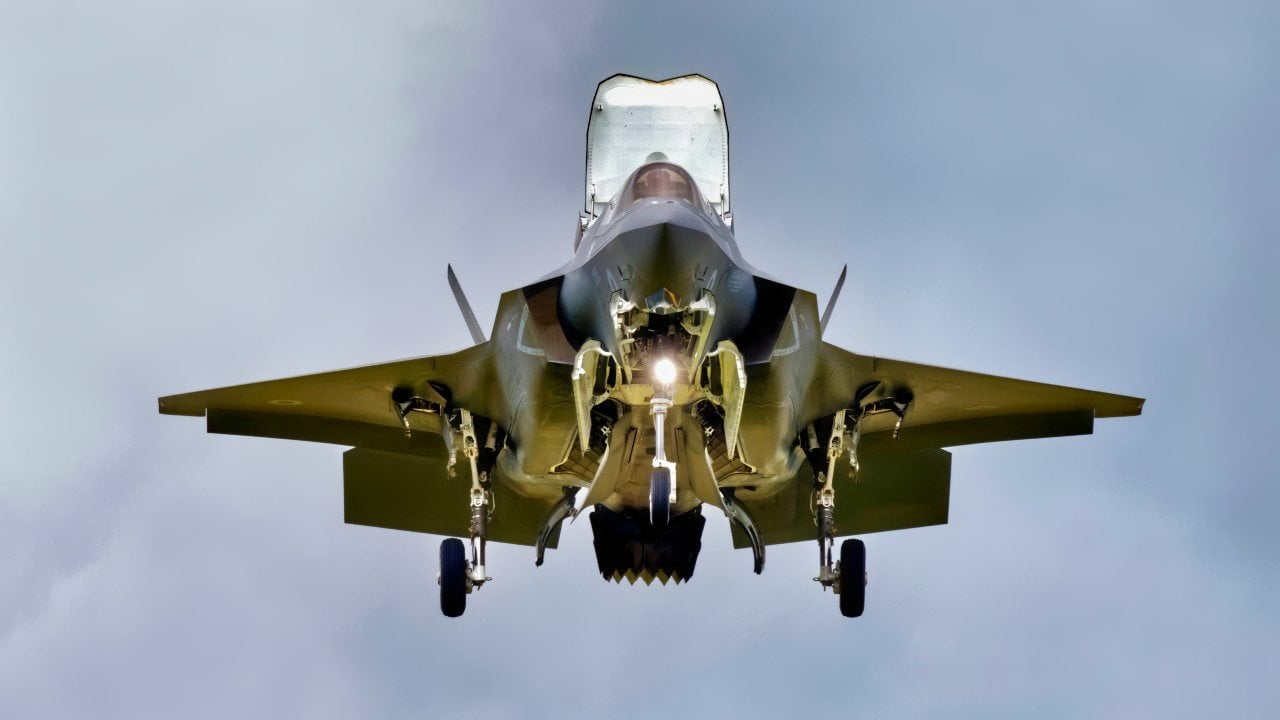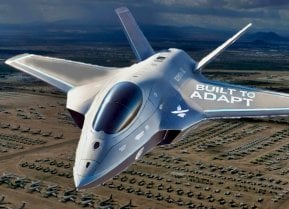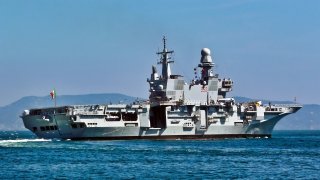China Is Freaked: Italy Has An Aircraft Carrier in the South China Sea
In September, an Italian aircraft carrier joined American and Australian air and naval forces for exercises in the South China Sea, a strategically important region due to rising tensions with China.
Summary and Key Points: In September, an Italian aircraft carrier joined American and Australian air and naval forces for exercises in the South China Sea, a strategically important region due to rising tensions with China.
-These drills aimed to enhance operability and strengthen alliances amidst China's growing assertiveness in the Indo-Pacific.
-NATO's involvement highlights the potential need for collective defense if conflict arises over Taiwan. China's military expansion, including its growing navy and frequent violations of Taiwanese airspace, underscores the importance of such exercises to deter Beijing's regional ambitions and bolster defense readiness.
Strengthening Alliances: Italian Aircraft Carrier Joins U.S. and Australian Forces Near China
In September, an Italian aircraft carrier met with American and Australian air and naval forces. They worked together in complex air-naval drills right in China’s backyard.
Exercises between foreign nations are very common. They aim to improve operability and forge stronger ties. This exercise was particularly important because of the geopolitical considerations and the countries involved.
Forging Powerful Partnerships
From Sept. 8-11, an Italian carrier, a frigate, and a multipurpose combat ship joined an American guided-missile destroyer and an Australian maritime reconnaissance aircraft to work together in the South China Sea.
“These multilateral exercises are a concrete demonstration of the advances we are making alongside our allies and partners in the region,” Vice Adm. Fred Kacher, commander, U.S. 7th Fleet, said in a press release. “They present dynamic opportunities to hone our skills in one of the most complex maritime regions in the world."
These exercises are very important to practice warfighting skills. Indeed, the amount and quality of training are among the best determinants of performance on the battlefield.
It is also very important that NATO members continue to participate in U.S.-led exercises in the Indo-Pacific. Created in the aftermath of World War Two to counter the Soviet Union, NATO has had its focus on Europe. But Article 5 of the transatlantic alliance mandates the support of other members in the event one is attacked. If the U.S. were to go to war against China over a potential invasion of Taiwan, NATO would theoretically be expected to contribute militarily. Only once has Article 5 been invoked, to help the U.S. in Afghanistan after the terrorist attacks of 9/11.
The Increasing Stakes in the Indo-Pacific
The Chinese military has been growing increasingly assertive in the Indo-Pacific, especially in the South China Sea. Chinese navy and coast guard vessels have been harassing neighboring navies and commercial shipping through aggressive, but not lethal, use of force.

At the same time, Taiwan continues to be at the center of everyone’s attention. The Chinese Communist Party has repeatedly stated its goal of reunification with Taiwan. Although the main goal would be a peaceful reunification, Beijing has always kept forceful reunification on the table, and has been preparing for it vigorously.
Over the past 24 months, the Chinese military has been involved in record violations of Taiwanese air space and sovereign waters. Meanwhile, the Chinese government continues to spend hundreds of billions of dollars on its military, aiming at regional and global supremacy. The Chinese navy is already the largest in the world, though not the most capable, with more than 700 ships. The Chinese air force is adding more and better aircraft every month. The Chinese army is modernizing its equipment and structure.
As Beijing is preparing for war in the Indo-Pacific, it is important that the U.S. continues to invest in its partnerships and alliances in the region to offer a stalwart defense against expansionism.
About the Author:
Stavros Atlamazoglou is a seasoned defense journalist specializing in special operations and a Hellenic Army veteran (national service with the 575th Marine Battalion and Army HQ). He holds a BA from the Johns Hopkins University and an MA from the Johns Hopkins’ School of Advanced International Studies (SAIS). His work has been featured in Business Insider, Sandboxx, and SOFREP.
Image Credit: Creative Commons.


